
Read or listen offline
Amazon Kindle
автоматическое преобразование текста в аудио
1×
Войдите, чтобы прослушать аудиоверсию краткого изложения.
автоматическое преобразование текста в аудио
Recommendation
Have you ever read numerous books on a single topic but still felt as though you lacked expertise on the subject? If you try to excel based purely on book smarts, your learning curve will plateau quickly. Neuroscientist Anne-Laure Le Cunff posits that “deliberate action” trumps “passive learning,” yet many people lack the will to act. Le Cunff offers tips to overcome your reluctance to act and outlines how, with dedicated practice, you can excel in your field.
Summary
About the Author
Anne-Laure Le Cunff is the founder of Ness Labs, a consultancy that focuses on wellness, creativity, and culture in business. She studies neuroscience at King’s College London.
By the same author
Learners who read this summary also read
Book
Book
Book
Video
Video








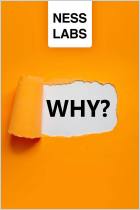
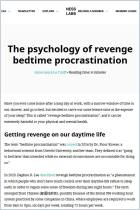
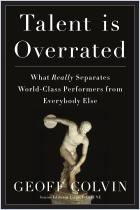
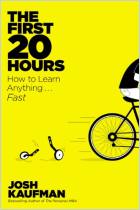
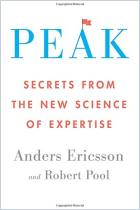
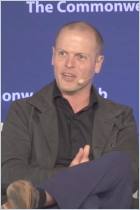

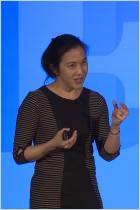





Comment on this summary or Начать обсуждение